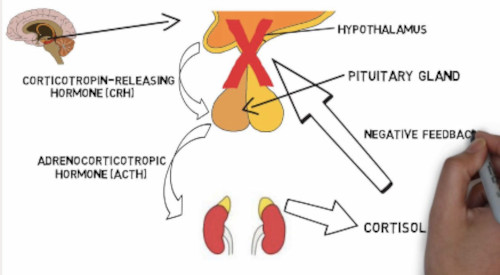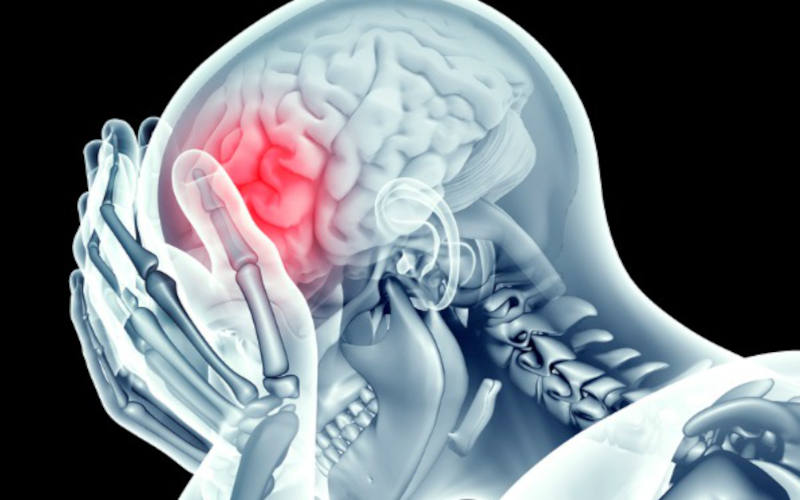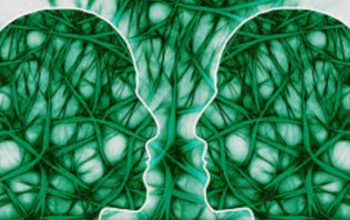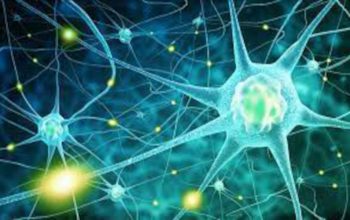Stress and the HPA Axis
Please check out this great, short video below explaining what the HPA Axis is:

The Stress Response and Deficiency
“Look Dave, I can see you’re really upset about this. I honestly think you ought to sit down calmly, take a stress pill, and think things over.” HAL 9000, 2001: A Space Odyssey
The Hypothalamus-Pituitary-Adrenal Axis is the primary physiological system that regulates stress and the stress response. I found a short video that explains the basics of this system, so please click on the picture to the right for more information on the HPA Axis.
Stress affects us all. In every way and every day, stress is something all of us have to deal with. However, on a biological level, there are key nutrients and biomolecules that play vital roles in our ability to handle stress as well as prevent the biological damage that comes from our own response to stress.
Once we understand the fundamentals of how the body responds to stressors via the HPA Axis, then we can improve or alleviate issues that may arise. And the process is relatively simple: We perceive a stressful incident, be it a real threat such as being chased by a bear, or a psychological event such as an argument with our boss or family member; the brain then sends signals to a gland (the pituitary) which then sends a signal to the adrenals to produce various different Catecholamines to mitigate this stress by causing a rise in blood pressure, raising blood sugar, and other “emergency” functions. This process uses up a ton of available nutrients, and the greater or more prolonged the response, the worse it gets and the more damage it does to the body.
B-vitamins play a major role in regulating this response so that it doesn’t get out of control, so look for a B-complex with at least 50mg each of B1, B2, B5, and B6 as well as niacin, folate, and B12 (more on these key additional b-vitamins another time). However, Vitamin C plays the biggest role as it acts as a “regulator” to the stress response. As an antioxidant it prevents oxidative damage from stress, yet it has many other functions including being one of the key biochemicals in the conversion of hormones and neurotransmitters. Without Vitamin C, the entire stress response collapses and there is a greater potential for long term adverse effects, extreme fatigue, and adrenal failure.
Vitamin C is so important to the adrenal glands that these glands are the only organ or part of the body that is capable of storing Vitamin C, albeit in a very small amount. This critical and dynamic nutrient is the most important of them all in the Stress Response. Vitamin C attenuates cortisol and reduces the extreme effects of the stress response.
In the Salivary Hormone Test snippet below, we will see the same 35 yr old female mentioned above. As you can see from the chart that her cortisol levels are “all over the place” and are consistent with “adrenal fatigue” and “HPA Axis dysregulation”. This chart is almost like a pictorial representation of what “anxiety” looks like. She states that she has a hard time getting up in the morning but tends to feel “wired” in the afternoon while having tremendous anxiety. As we can also see above, her Vitamin C levels are practically non-existent.

Here are some screenshots of studies about Vitamin C and the Stress Response


Click here to view this study on Vitamin C and Mood
What do we do about this?
Find and Fix The Deficiency First!
I know all of this sounds very complicated, but in reality it is very simple, and comes down to this:
Stress causes deficiency by depleting available nutrients, which in turn makes stress WORSE, and causes a vicious cycle that results in damage in the short and long term.
Some nutrients that are commonly in deficit with chronic stress include: B-vitamins (such as B3 and B6), Magnesium, and Vitamin C. We can then look deeper into certain amino acids such as Tryptophan and amino-acid-like biomolecules such as GABA and its relationship to glutamine. For now, let’s just focus on the basics.
As long as we recognize that deficiency is always going to be at the center of how the body handles stress, then we can mitigate most, if not all, of the physiological issues that stress causes. This is part of the approach of Deficiency-based Medicine, where we understand that No Healing Can Happen in the Presence of Deficiency.
For the case study above, I made the recommendation of using Magnesium Ascorbate because it contains a small but extremely bio-available amount of magnesium. The importance of Vitamin C is amplified when we consider its involvement in nutrient uptake, especially minerals. Magnesium plays a major role in over 600 enzymatic reactions and it is involved a proper response to stress. Many people use various forms of magnesium to “calm down”, and who hasn’t taken a hot epsom salt (magnesium sulfate) bath at the end of a stressful day!
By using Magnesium Ascorbate, not only are we assuring that Vitamin C levels are being addressed, but we are adding an important mineral to the mix. It is a win-win.
There are many other forms of magnesium to use, as well as Vitamin C, but let’s keep it simple and start here. Once we correct such critical deficiencies, the road ahead to healing from stress and stressful feelings becomes much easier.
Coming soon, The Hormone and Neurotransmitters Series Part 4.




